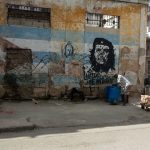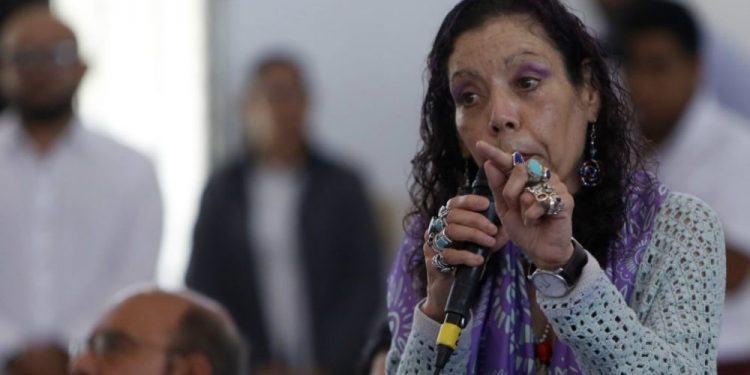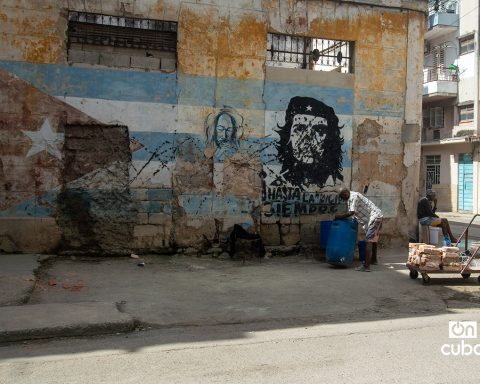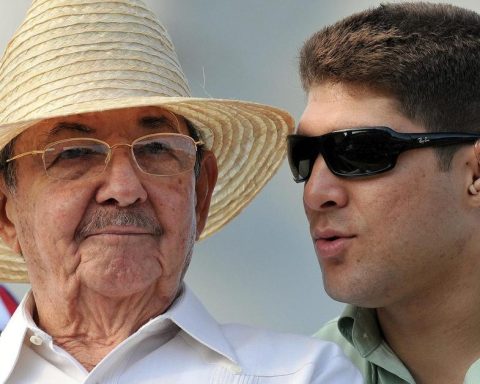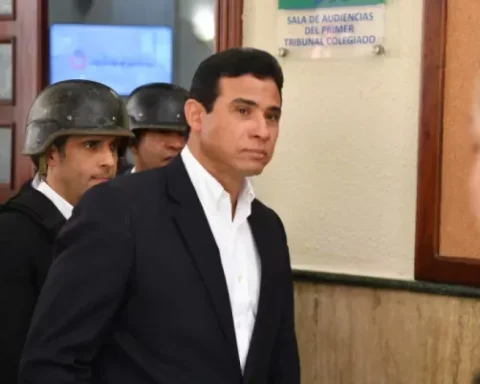April 19, 2024, 10:34 PM
April 19, 2024, 10:34 PM
True to his style, Vice President David Choquehuanca He addressed Evo Morales again and, as always, avoided mentioning his name; but his allusion was direct and he said that the process of change was a conquest of those most excluded from republican life and that, therefore, the process is theirs.
“We do not want to live as slaves to hatred, confrontation and violence; To live well is to fly like the flight of the condor, in perfect balance. The Bolivian people are like the free and rebellious condor, will wisely defeat all the saboteurs, who try to prevent it from taking flight, haughty and imposing; There is only one flight for Bolivia, which is the flight of living well,” said the Second President, in the “Report on Living Well in the Plurinational State of Bolivia,” an event that took place in the Independence Hall of the Casa de la Libertad. in Sucre.
Evo Morales remembered last Sunday who asked Choquehuanca to defend the Government of Luis Arce, in a meeting they had in Cochabamba in 2021. That day the Vice President told him that he would defend the Government. Since then he has maintained a critical position with Morales, although he is careful not to mention his name.
Evo Moraleswhich is in an open electoral campaign and presents its government plan for after 2025, He received a response from Choquehuanca, who told him that the plurinational State must first be consolidated before changing the State’s policies.
“The Bicentennial is not the time to rethink Bolivia or redesign a new Bolivia, it is the time for the deepening and consolidation of our plurinational State of living well; Living well forges our identity as a plurinational Bolivian and projects us to the world, as a plurinational state with its own political horizon of alternative life to the Western civilizational paradigm,” launched the Vice President.
In open defiance of the evista line, Choquehuanca summoned the peasant sectors and native peoples to unite against ‘divisionist pretensions’ and said that this struggle of the peoples is not alone, but is accompanied by the ancestors.
From Evism, the masista leader proposes implementing “the revolution within the revolution”, in an effort to obtain support from within the government itself and the social organizations that supported it.







